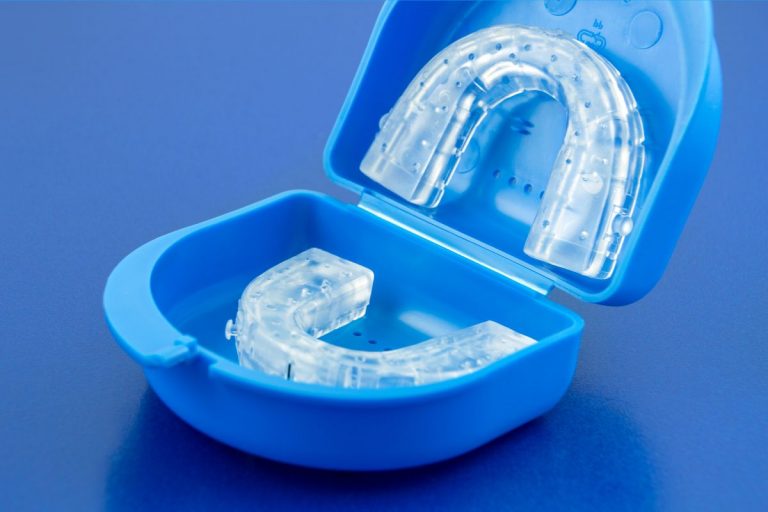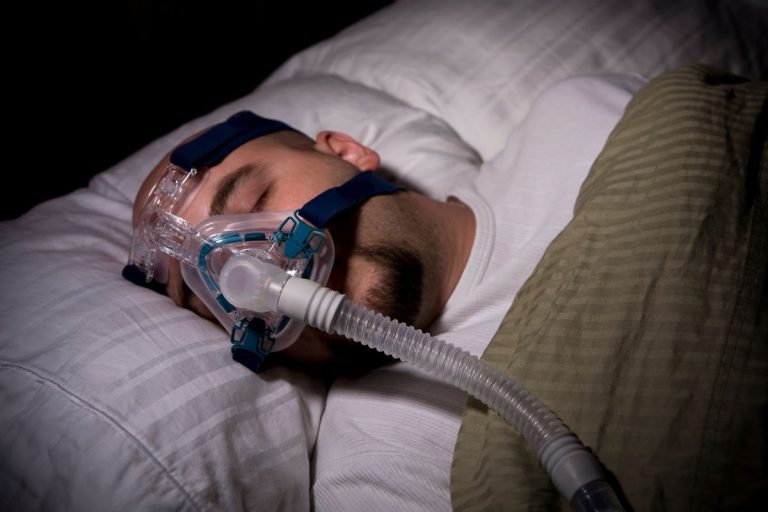This study opines that one in every 20 people experiences nightmares every week. Countless causes of nightmares exist. One of the associated or alleged causes is melatonin.
According to the National Institutes of Health data, usage of melatonin supplements doubled between 2007 and 2012. The report opines that roughly 3.065 million adults in the United States take this hormone’s supplement. This just goes to show how popular melatonin has become in the recent past.
Melatonin is produced in the neurotransmitter serotonin within the pineal gland in the brain. It is dispatched to the cerebrospinal fluid as blood. When light from outside is low, production or secretion of the hormone spikes. Light presence inhibits its production and release.
So why should you use it?
Taking a natural melatonin supplement helps to not only alleviate insomnia but better manage sleep disorders. When you use small dosages of melatonin before bedtime, you can reduce your sleeping onset time. The hormone can also be handy at enhancing your quality of sleep and in some instances, improve sleep duration.
Additional benefits of melatonin to our health include supporting muscle growth, improving mood, anti-aging effects, and being an anti-oxidant. Melatonin is also efficient at helping you cope with daytime fatigue and supporting brain function.
While dosages are considered safe when utilized appropriately, as we shall learn later in this article, usage should not be longer than 6 months without the supervision of a doctor.
Can Melatonin Cause Nightmares?
Yes, melatonin can facilitate the occurrence of episodes of nightmares!
So why do some users of melatonin supplements such as this one experience vivid dreams and nightmares?
As we have already established earlier on, naturally the brain releases this hormone on a cyclic basis for purposes of regulating sleep patterns. Melatonin brings with it a direct impact on the circadian rhythm and internal clock of the body. Sleep issues can come about because of the disruptions of melatonin cycles.
When you take supplements having melatonin, you can correct such issues. While that is great news to those grappling with sleep issues, some users experience an increased occurrence of nightmares. Specifically, some people grapple with exceptionally vivid strange dreams.
Lucid dreaming is also common with some users of melatonin. Lucid dreaming takes place when the brain is in a conscious state as dreams happen. This enables people to have control of their reactions to their dreams. Although some folks have claimed they were able to experience lucid dreams, no conclusive or definitive studies exist yet.
In the next section, let us look at how the use of this hormone causes nightmares. We shall also discuss how the hormone affects your brain and dreaming in general.
Melatonin and Dreams/Nightmares
Changes in dreaming are common with some melatonin users. Some users complain of nightmares or night terrors while others experience vivid dreams. There is also another group that battles hallucinations when they use melatonin.
This study done in 2015 sought to establish a possible link between nightmare episodes and melatonin. The research found out that melatonin while not a major cause of nightmares has a role to play when it comes to nightmares.
The research delved into an individual who was using ramelteon. This medication interacts with brain receptors directly to allow melatonin to enhance the natural sleep cycle. According to the research, the individual began to experience intense nightmares. Researchers discovered that once the subject stopped using the medication, episodes of nightmares stopped.
This particular case seems to opine that melatonin plays a role in the processes that regulate whether we have nightmares or dreams during the REM sleep.
Melatonin impacts dreaming via its effects on REM sleep. While it is true that vivid and narrative dreams take place outside the REM sleep especially late at night during the second stage, there is no doubt that REM is the sleeping stage that is linked the strongest with vivid dreaming.
What this means is that the alteration of REM patterns plays a big role in how we dream. The intake of melatonin altered REM sleep patterns at night. For instance, those that take 5 mg of the supplement tend to experience extended REM latency periods at night. This is characterized as longer than normal when it comes to REM periods.
Increased melatonin levels go miles to promote sleep stages that dreaming occurs more (stage 2 and REM). The only caveat to these findings is the fact that they are not only conclusive but also have not been replicated.
One of the reasons that explain the role melatonin plays in the direct effect on how intense or often we have nightmares is vasotocin. Melatonin releases vasotocin during release and it could be a factor.
Vasotocin plays a direct role when it comes to controlling REM sleep. Rising levels of melatonin influences the amount of vasotocin finds its way into the body. Because of this, your deep sleep might end up being affected terribly. The same is true of how you breathe.
Another explanation has to do with memory processing. Dreams are as a result of vasotocin’s and melatonin’s role in ensuring the brain makes sense of the memories. What this means is that the more melatonin the body produces, the more vivid dream episodes you will have as it seeks to assist the brain find out how the memories relate to reality once you are awake.
More research on how melatonin causes nightmares is ongoing. As soon as we have a hand on new research, we shall certainly make the necessary updates on this primer.
Also Read: What to Do After a Nightmare: Know The Root Causes
Appropriate Melatonin Dosages To Avoid Nightmares
Before looking at the recommended melatonin dosages, it is important to note that it is available in dissolvable lozenges, topical creams, capsules, and tablets. You can buy it in slow-release or rapid-release form.
When it comes to the administration of melatonin, it is paramount that you note two things:
- Dosages vary based on the reason behind the usage
- Dosages for children and adults are different
For instance, for adults, dosages range from 0.3 – 5 mg daily. If you have a sleep disorder, you need to take 2 – 3 mg, 1 hour before bedtime.
When using melatonin, the best practice is, to begin with, low doses and gradually increase the dosage until you achieve your desired results. You must consult your doctor on the appropriate dosages for your body.
Dosage for Adults
Depending on the reason for usage, here are the appropriate melatonin dosages:
- For insomnia or sleep – 0.3 – 3 mg for 3 days
- For jet lag – 0.5 – 5 mg for 2 days
- For blood pressure regulation – 2 – 3 mg for 4 weeks
- For the sleep-wake cycle – 2 – 12 mg for 4 weeks
- For long-term sleeping difficulty – 2 – 3 mg for 29 weeks
Dosage for Children
At times, melatonin is administered to children to help manage sleep disturbances according to this study. Another study also looked into the use of melatonin in children for treating ADHD.
Of great importance to note is the fact that dosages in children are lower compared to adults. The wrong dosage in kids can be fatal. It could possibly lead to seizures. Just one dose of this hormone at 0.3 mg per kg is safe for children.
Extended usage of melatonin in children is highly discouraged as it could come in the way of proper gonadal development. Before administering melatonin to your child, it is prudent to consult your doctor. He or she will not only help ascertain whether it is appropriate for the kid but also recommend the ideal dosage.
Know More:
Who Should Skip the Use of Melatonin?
The following groups of people should skip the use of melatonin:
- Pregnant and Breast-Feeding Women
Melatonin, according to this study, is unsafe for expectant and breastfeeding women especially when injected to the body regularly or taken by mouth. It might boast similar effects as those of birth control.
- Transplant Recipients
In addition to spiking immune function, melatonin may jeopardize immunosuppressive therapy utilized by transplant recipients.
- High Blood Pressure Patients
If you are taking medications tailored for controlling blood pressure, it is wise to avoid taking melatonin according to this study.
- Bleeding Disorder Patients
Melatonin might make your case worse if you are grappling with a bleeding disorder.
- Depression Patients
Melatonin can worsen depression symptoms. This study opines.
- Diabetic Patients
If you are diabetic, it is best to avoid taking melatonin in any form as it can increase blood sugar based on this study.
Combinations to Avoid with Melatonin
Combining some things with melatonin can turn out to be fatal. Some of the interactions you need to avoid or control their usage when using melatonin include:
- Sedative medications
- Contraceptive drugs
- Caffeine
- Immunosuppressants
- Antiplatelet drugs
- Sedative medications





